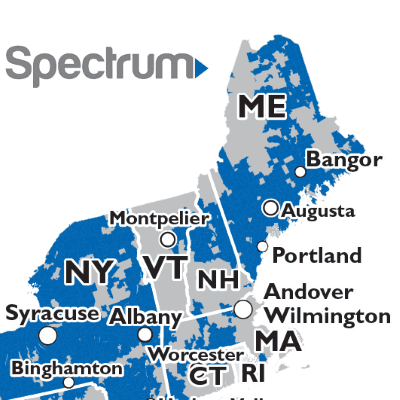 Cinemax is under siege, after the nation’s two largest cable operators announced they have turned their backs on HBO’s sister premium movie channel.
Cinemax is under siege, after the nation’s two largest cable operators announced they have turned their backs on HBO’s sister premium movie channel.
Several months after Charter Spectrum stripped Cinemax out of its TV bundle packages, Comcast has announced it will do the same starting this July, replacing Cinemax with its own commercial-free, on-demand movie network Hitz:
We are excited to introduce Hitz, a new commercial-free on-demand movie service available as part of Xfinity Premier, Super and certain other TV packages. Hitz will feature more than 200 movies and will be included with these packages at no additional cost. It will replace Cinemax and its associated channels.
Movie lovers of all kinds will enjoy Hitz. This exciting new offering will provide even better value and variety for you. Here’s how:
- Hitz will offer a rotating list of more than 200 movie titles from a variety of top studios.
- Hitz will include an assortment of movie titles that complements the films already available to Xfinity Premier and Super TV customers on other channels and adds to the thousands of On Demand movies already available.
What is Hitz?
Hitz is a new on-demand movie service that includes more than 200 titles from a variety of top studios. This selection will rotate over time.Where can I find Hitz?
The easiest way to find Hitz is by saying “Hitz” into your X1 voice remote. Hitz can also be found in the Networks section of the On Demand menu. You can also see current Hitz movies in the on-screen grid guide – frequently near other movie services.Why are you doing this?
Most of the movies on Cinemax have also aired on HBO. By offering Hitz instead, we’ll be delivering customers a better variety of content.How can I watch Cinemax original content?
While Cinemax will no longer be included in the packages being adjusted, Cinemax will still be available to purchase on its own for $12 per month.Should I pay a different price now that I am no longer receiving Cinemax?
While Cinemax is being removed from these packages, we believe the new lineup offers a better value. Most of the movies on Cinemax have also aired on HBO. By offering Hitz instead, we’ll be delivering a better variety of content.
The dissing of Cinemax seems to have started after AT&T acquired Time Warner (Entertainment), which also owns HBO and Cinemax. Like Comcast, Charter Spectrum customers can still subscribe to Cinemax, but only as an a-la-carte option, typically $15 a month. Verizon FiOS dropped Cinemax from its bundles starting in 2018. When cable operators drop legendary networks like Cinemax, it is almost always a matter of money. Cable operators may have been asked to accept a reduced share of the subscription fee split (usually 60% sent to the network, the remaining 40% kept by the cable company) or required to carry new services as part of a contract renewal they ultimately rejected.


 Subscribe
Subscribe
 Comcast wants to keep track of your health with a new device, similar to Google Home or Amazon Echo, that it plans to beta test starting later this year.
Comcast wants to keep track of your health with a new device, similar to Google Home or Amazon Echo, that it plans to beta test starting later this year. Effective today, Hulu is
Effective today, Hulu is  Virginia officials cannot get broadband providers to reveal full details about their actual service areas, so the state now believes cable and phone companies will be more forthcoming if they can quietly share that information with each other, keeping the state government in the dark.
Virginia officials cannot get broadband providers to reveal full details about their actual service areas, so the state now believes cable and phone companies will be more forthcoming if they can quietly share that information with each other, keeping the state government in the dark.
